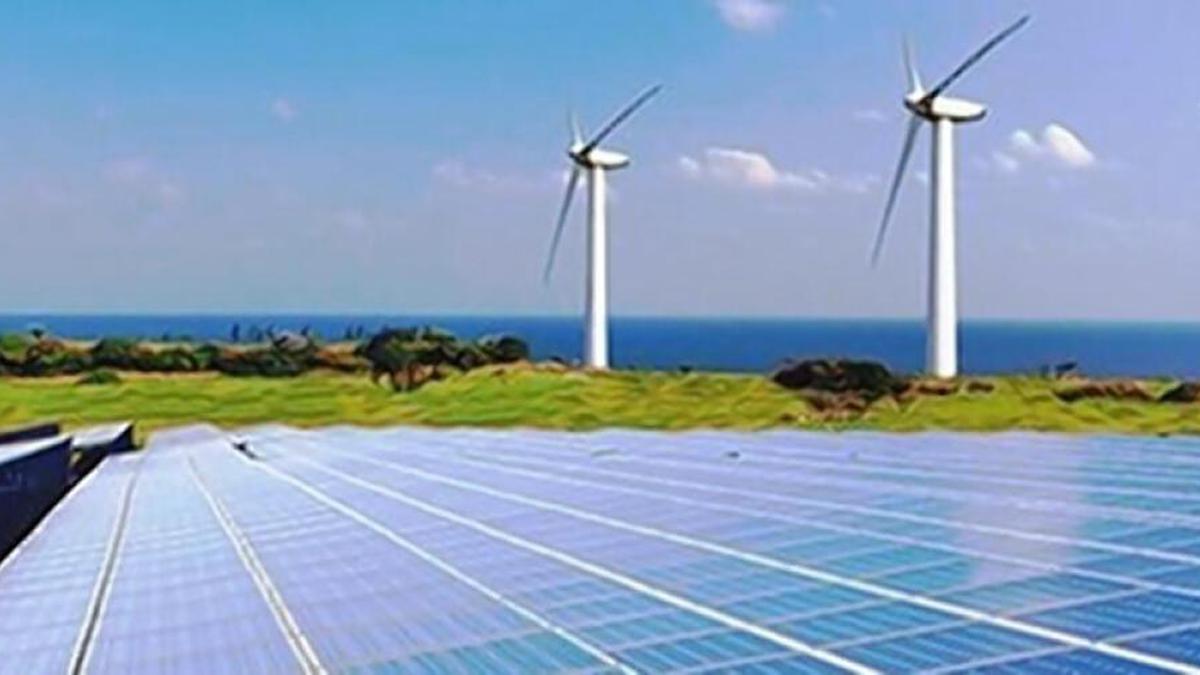
EU Grants $2.7M for Novel Concrete Research in Offshore Renewable Energy Sector – EQ
In Short : As of my last knowledge update in January 2022, I don’t have specific information on a grant of $2.7 million for novel concrete research in the offshore renewable energy sector from the European Union (EU). Funding allocations, grants, and research projects can be dynamic and subject to change. To get the most accurate and up-to-date information on this particular grant, consider checking the following sources:
In Detail : The WECHULL+ project, co-ordinated by RISE Research Institutes of Sweden, has received a $2.7 million grant from the European Union to develop novel floating structures based on high-performance concrete for offshore renewable energy sector.
The project, funded by the EU Clean Energy Transition Partnership (CETP) program, will develop and test new floating structures in an effort to reduce cost and CO2 footprint, as well as improve circularity and reliability in the offshore renewable energy sector.
The three-year project, starting in December 2023, is implemented by a consortium of research organizations and companies, including RISE, Delft University of Technology, Gdansk University of Technology, Pekabex, PLOCAN, with wave energy developers Carnegie Clean Energy, and Ocean Harvesting Technologies, as well as floating solar company Solar Duck.
Concrete structures are said to be low cost, resistant to the marine environment, and are easy and fast to manufacture on-site, in comparison to manufacturing of traditional steel structures.
Developing Cost-Effective Solutions for Offshore Renewable Energy
The WECHULL+ project aims to develop and test new floating structures in an effort to reduce cost and CO2 footprint, as well as improve circularity and reliability in the offshore renewable energy sector. The project, funded by the EU Clean Energy Transition Partnership (CETP) program, is set to begin in December 2023 and will be implemented by a consortium of research organizations and companies.
Impact of High-Performance Concrete in Offshore Renewable Energy
Concrete structures are being touted as a low-cost, resistant to the marine environment, and easy and fast to manufacture on-site in comparison to traditional steel structures. The solutions developed in the WECHULL+ project regarding material, modelling, and design will be applicable for floating structures in ocean renewables and other areas.
Building a Sustainable Future for Offshore Renewable Energy
The WECHULL+ project builds on the success of a previous project (WECHULL), where a new, highly flowable high-performance concrete mix was developed for Ocean Harvesting’s patented thin-walled honeycomb buoy. This solution enables large-scale production on-site and results in a buoy with a weight similar to a conventional steel hull, but with a significant reduction in cost, CO2 footprint, and manufacturing time.












